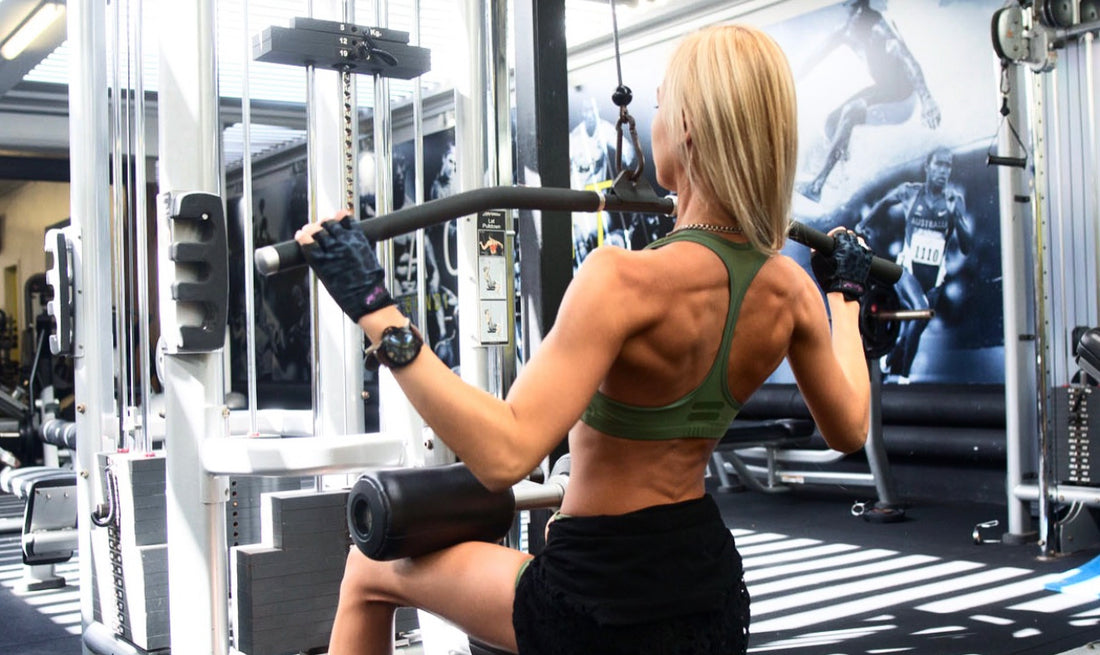Six reasons why tempo is so important for your training and your results
1. Results
Development of muscle mass, strength and even fat loss- It’s during the eccentric phase (downwards moving) of an exercise that the most muscle tear takes place, meaning this is the phase from where you reap the most lean muscle mass development benefits, which also improves your body’s ability to burn fat more effectively.
2. Improved body awareness
This is especially important for beginners that don’t have the muscle-mind connections developed like a more advanced trainee
3. Improved control of lifts
Lifting weight and performing exercises with the right form is essential for avoiding injuries. And Slowing down your exercises will give you improved control
4. Improved stability
Working on your stability and balance is a great way to improve your core strength! Your core is the body’s centre of power, and having a strong core is vital for health and reduces the risk of many injuries
5. Less stress on your tendons
A bouncy movement will put more stress on your tendons, whereas slowing down a movement
6. Effectiveness of training session
Humans are lazy by nature. Whether we like it or not- many of us will train without pushing ourselves hard enough. Tempo training gives you something to focus on rather than just finishing the set as quickly as possible, and will often make you train harder.
How to read tempo in a planned program?
I use tempo in all my programs- see image of example below. As you can see, the tempo is represented by four numbers; 3020.

- The first number, 3, applies to the seconds of the downwards component of the movement- the eccentric phase.
- The second number, 0, denotes the time spent pausing at the bottom of the movement. In this squat example you don’t pause at all.
- The third number, 2, signifies the upward moving phase- the concentric component of the lift.
- The last number, 0, represents any pause at the top- here you don’t have rest at all.
I hope you enjoyed this blog post!


